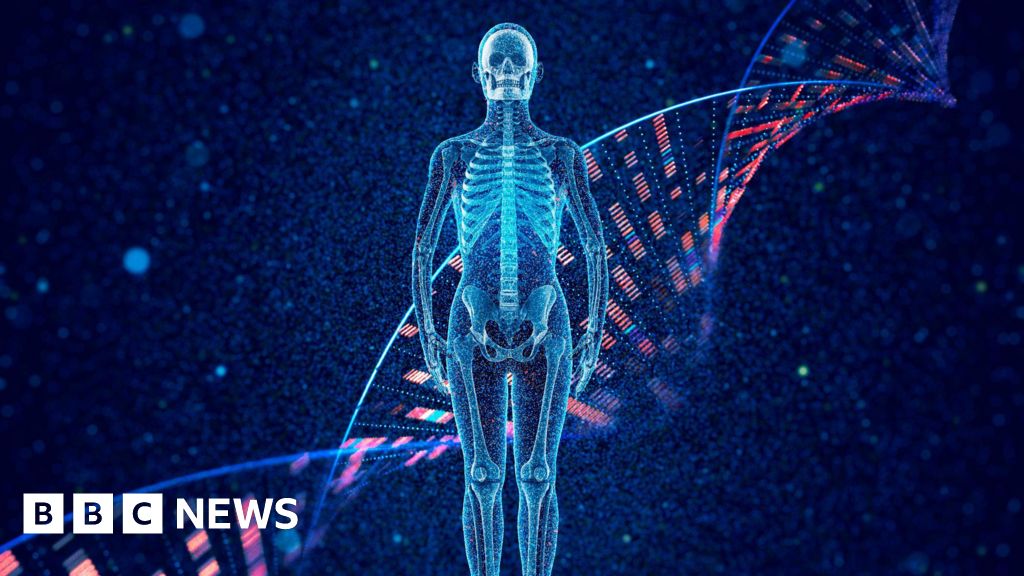The Nobel Prize in Physiology or Medicine 2024 has been awarded to US scientists Victor Ambros and Gary Ruvkun for their work on microRNA.
Their discoveries help explain how complex life emerged on Earth and how the human body is made of a wide variety of different tissues.
MicroRNAs influence how genes – the instructions for life – are controlled inside organisms, including us.
The winners share a prize fund worth 11m Swedish kronor (£810,000).
Every cell in the human body contains the same raw genetic information, locked in our DNA.
But despite starting with the identical genetic information, the cells of the human body are wildly different in form and function.
The electrical impulses of nerve cells are distinct from the rhythmic beating of heart cells. The metabolic powerhouse that is a liver cell is distinct to a kidney cell which filters urea out of the blood. The light-sensing abilities of cells in the retina are different in skillset to white blood cells that produce antibodies to fight infection.
So much variety can arise from the same starting material because of gene expression.
The US scientists were the first to discover microRNAs and how they exerted control on how genes are expressed differently in different tissues.
The medicine and physiology prize winners are selected by the Nobel Assembly of Sweden’s Karolinska Institute.
They said: “Their ground-breaking discovery revealed a completely new principle of gene regulation that turned out to be essential for multicellular organisms, including humans.
“It is now known that the human genome codes for over one thousand microRNAs.”
Allow Twitter content?
Without the ability to control gene expression every cell in an organism would be identical, so microRNAs helped enable the evolution of complex life-forms.
Abnormal regulation by microRNAs can contribute to cancer and to some conditions including congenital hearing loss and bone disorders.
A severe example is DICER1 syndrome, which leads to cancer in a variety of tissues and is caused by mutations that affect microRNAs.
Previous winners
Checkout latest world news below links :
World News || Latest News || U.S. News
The post Nobel Prize goes to microRNA researchers appeared first on WorldNewsEra.

